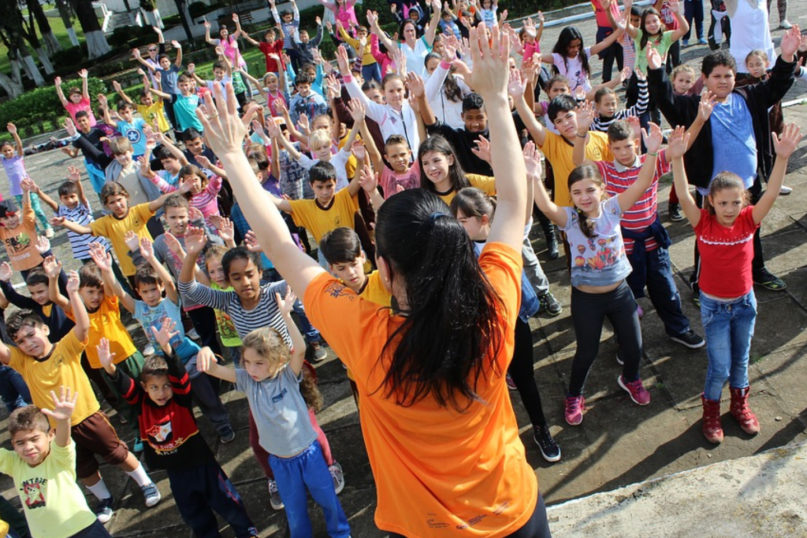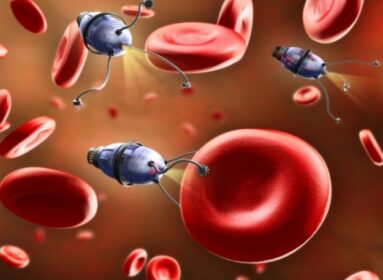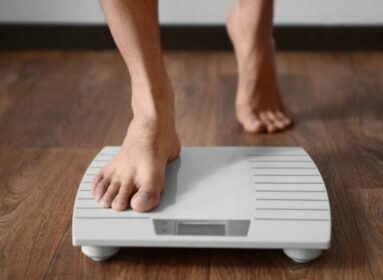
A study finds that short bouts of physical activity throughout the day can be equally or more beneficial than dedicating time to exercise.
Exercise, some people love it and some dread it. Doctors usually tells us to get more exercise into our busy schedules in order to have a healthier life, but unless you’re a fitness junkie, chances are you aren’t making time in your daily routine to hit the gym. But what if your daily routine was enough? Well according to a recent study, you may be already getting all the physical activity you need.
The British Journal of Sports Medicine published a recent article that focused on high-intensity incidental physical activity, which is any activity that is part of an individual’s daily life that is not done with the purpose of recreation or health and requires no sacrifice of discretionary time. Some examples of incidental physical activity (not necessarily always high -intensity) include commuting via walking or biking, sprinting to catch a bus or train, climbing stairs, and even household chores.
The study uses this type of physical activity in comparison with the core principles of high-intensity interval training (HIIT). HIIT has become a very popular regimen involving repeated short sessions, from six seconds to four minutes, with rests from 30 seconds to four minutes in between. This type of training has been found to boost fitness rapidly, and exponentially improve cardiovascular health and fitness. The logic behind HIIT is found when an individual regularly repeats even short bursts of strenuous exercise, their bodies can adapt (in other words, to get fitter) so that they can better respond to the more strenuous exercise.
Researchers found that the same principle is responsible for the benefits of incidental physical activities performed in one’s daily routine. For instance, if a person climbs stairs for 20 seconds (an average of 60 steps) three times a day on three days per week, by week six they can achieve measurable improvements in cardiorespiratory fitness. This type of fitness can determine how well the lungs, heart, and circulatory systems are working, and thus lower the risk of heart disease.

So why is this new data so important? Because nearly anyone can do this type of beneficial activity, there is no special skill set required nor special time that needs to be set aside. You are probably already doing a lot of these tasks daily. So, skip the elevator, take the stairs and walk the long way home. It may save your life.

By: Alexandria Addesso


































































Comments are closed.